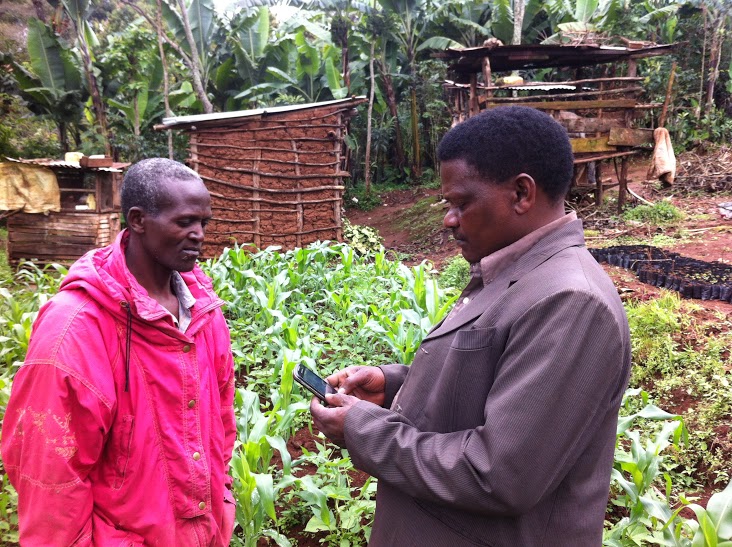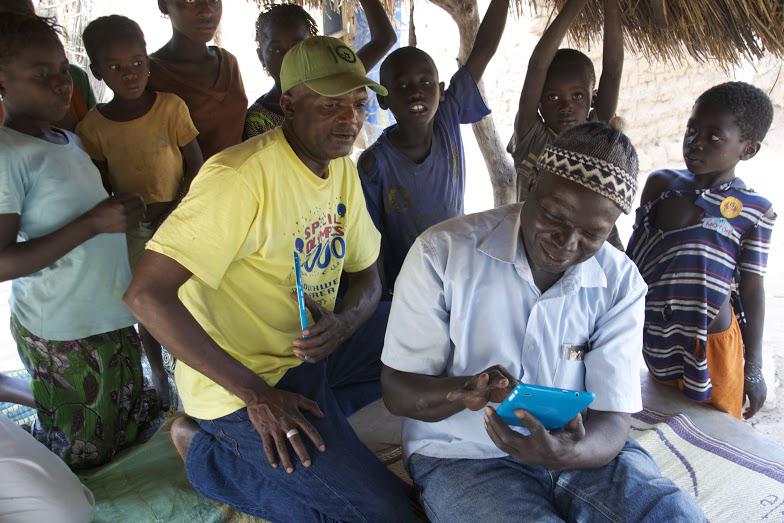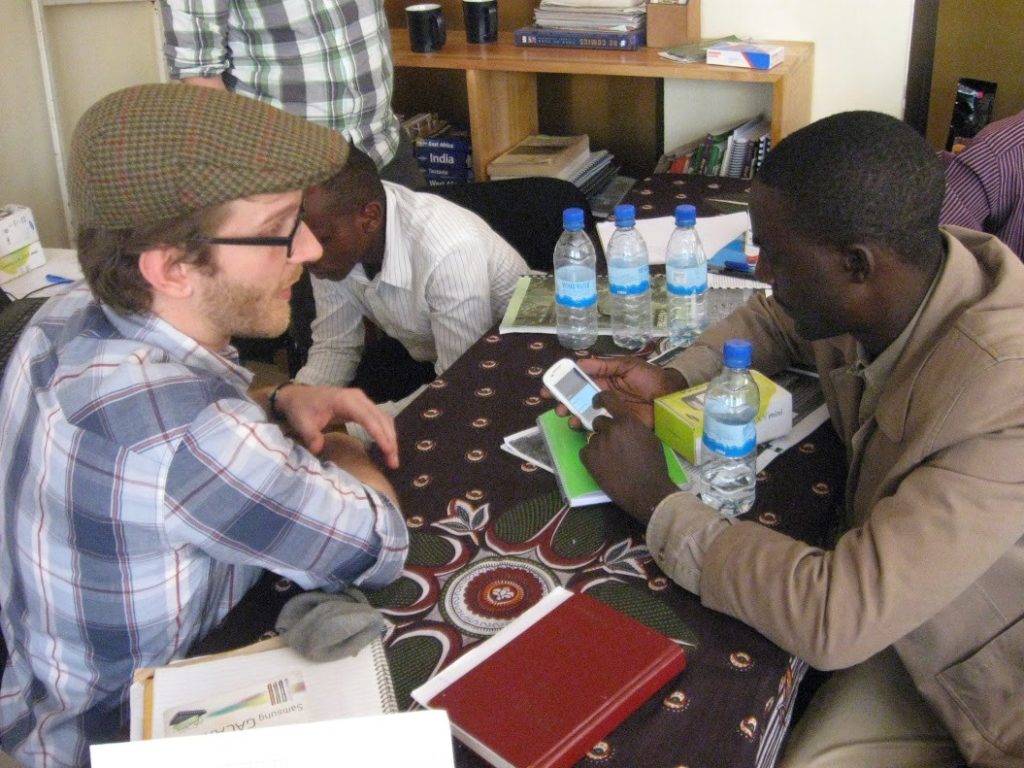
Search
International development is undergoing a data revolution.
Jeffrey Sachs called for a new focus on data to underpin the Sustainable Development Goals. The Economist pinpointed the chronic lack of data in poor countries as a crucial weakness for the sector.
Data isn’t a peripheral off-shoot of development any more, it’s a key tool to delivering genuine change.
Trees for the Future (TREES) has spent the last two and a half decades planting millions of trees in thousands of communities. Their organization focused on finding ways to improve people’s lives in the developing world by planting beneficial trees – over 115 million of them.
Before 2014, they were primarily a responsive organization. When farmers reached out to them for assistance they would deliver seeds and training. But they found that the demand for help with tree planting projects never ends, and they found that some tree planting strategies are having tremendous impacts on increasing income and food security. So perhaps this wasn’t the most efficient way of creating impact.
They decided to conduct a study into their projects across East Africa. By conducting an M&E assessment study using the mobile data collection and management app TaroWorks, they were better able to identify which areas did and did not have an extreme level of poverty. They defined target poverty levels and other key selection criteria, and they were able to identify the zones where they can have the greatest impact on economic resilience and food security. In Tanzania, they have refocused their efforts in the central and southern corridors in response to this data.
This discovery was one of the catalysts for change.

They decided to reshape the organization around maximizing impact. They would focus only in locations where their work would have the biggest effect – on sustainable agriculture, on the incomes of farmers and on improving people’s lives.
After piloting the use of TaroWorks and an M&E methodology in East Africa, they are now rolling out this bundle of technology to all their programs in Anglo- and Francophone Africa.
“It’s really part of who we are now. Our staff themselves, who have helped us plant millions of trees over the years, are excited to be able to put real numbers to the economic and social transformations we see in farmers,” said John Leary, Executive Director at TREES.

Data, tech, metrics – it seems an unlikely fit for an organization that focuses on improving farmland. But TREES has wholeheartedly taken to data-driven decision making.
Metrics are now the driving force in all departments: from headquarters in Silver Spring, Maryland, to their field agents out across Africa. Measurement is king.
To date, they have used TaroWorks to capture a wide variety of data:
The baseline studies are being compiled into a comprehensive study of all their projects which will be published, for the first time ever, in their Fall Report.

Beyond gaining greater insight into their work, the TREES team are happy to have shifted to a data-driven paradigm for other reasons. They can now compare results to other interventions and define learning strategies to maximize impact and efficiency. They can also now apply for grant support from donors who require elevated levels of project monitoring and evaluation. These include the US government and Gates Foundation, famously data-focused donors, which would allow them to ramp up their operations.
They have recently integrated TaroWorks into their projects in Francophone Africa due to a recent language support upgrade in the software. With this, they have started performing analyses across a greater variety of countries, refining their processes and delivering smarter, impact-driven projects.
“We’re very confident in our growth strategies in Africa now based on what we’re learning.” added Leary.
Finally, they’ve noticed that having large amounts of data at their disposal has enhanced their voice in the industry. As development becomes increasingly data aware, being able to break down exactly how much impact TREES delivers, down to the week, shows that they are at the forefront of their industry.
Update:
It’s been an honor working with you!
— TaroWorks (@TaroWorksApp) April 28, 2021
Updated 4/28/2021
POST TOPICS
Sign up to receive emails with TaroWorks news, industry trends and best practices.
TaroWorks, a Grameen Foundation company.
Site by V+V